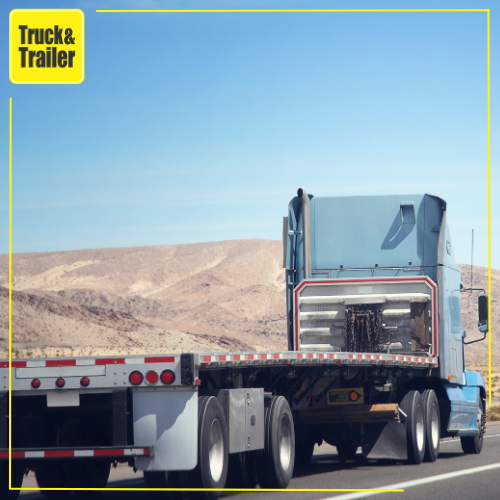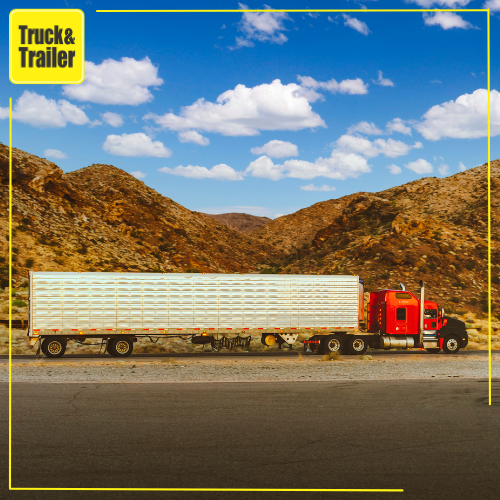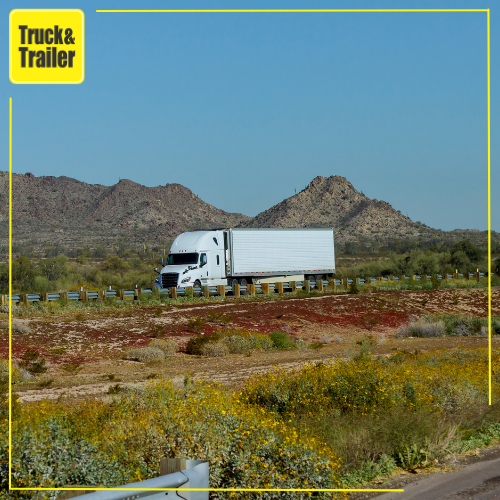Animal farming is a crucial industry in South Africa, contributing significantly to both the country's economy and its food security. With diverse landscapes, climates, and cultures, South Africa offers a unique environment for animal farming. However, success in this industry requires careful consideration of various factors. In this article, we will explore 12 interesting factors to follow when you're in animal farming in South Africa. Start your search for animal farming equipment on Truck & Trailer to start to grow your farm.
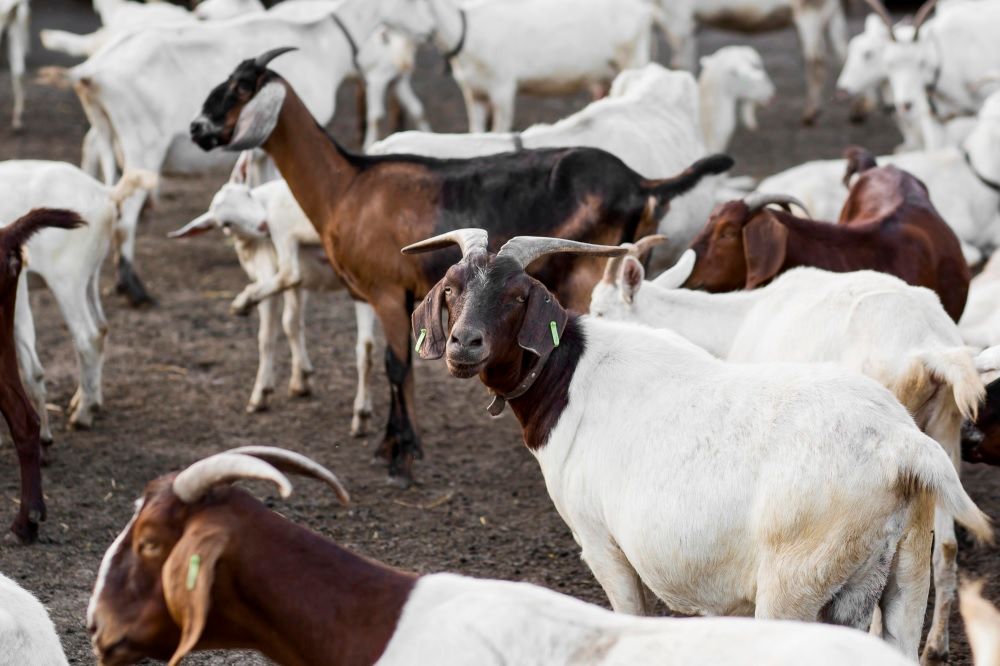 Photo Source: Freepik
Photo Source: Freepik
12 interesting factors to follow when you're in animal farming in South Africa
1. Climate and Weather Patterns
South Africa's climate varies from region to region, affecting the choice of livestock and farming practices. Coastal areas have milder climates, while the interior can experience extreme temperatures. Understanding local weather patterns is essential for selecting suitable breeds and managing animal health.
2. Water Availability
Water scarcity is a concern in many parts of the country. Adequate water sources and efficient water management are vital for animal farming. Ensure access to clean and reliable water for your livestock.
3. Pasture and Forage Quality
The quality and availability of pasture and forage can vary widely across the country. Conduct soil tests and research local plant species to optimise grazing systems and maintain healthy livestock.
4. Livestock Breed Selection
Choose livestock breeds that are well-suited to the local climate and market demands. South Africa offers a wide range of cattle, sheep, goats, and poultry breeds, each with its own strengths and weaknesses.
5. Disease Management
Animal health is crucial for the success of any farming venture. Stay informed about common diseases in your region and implement robust vaccination and biosecurity measures to prevent outbreaks.
6. Market Research
Understanding market trends and consumer preferences is essential for profitability. South Africa has a diverse market, so consider factors like meat quality, price points, and cultural preferences when marketing your products.
7. Regulations and Compliance
Compliance with government regulations and industry standards is non-negotiable. Stay informed about permits, licenses, and animal welfare laws that apply to your farm.
8. Technology and Innovation
Embrace modern farming techniques and technology to improve efficiency and reduce costs. Innovations such as automated feeding systems and data analytics can greatly benefit your farm.
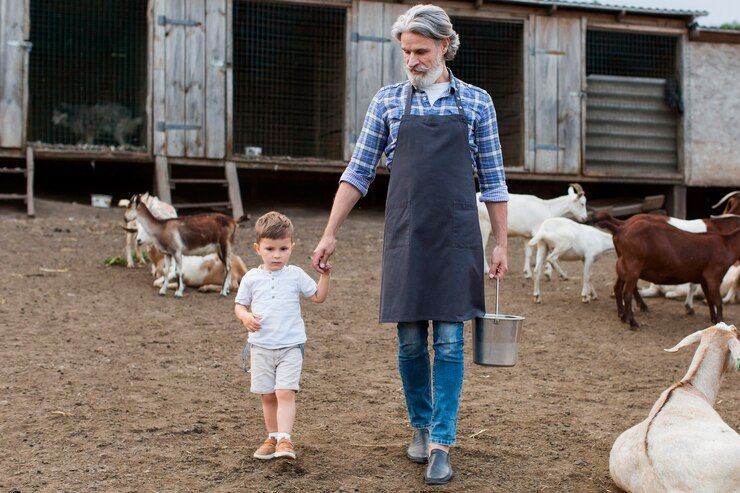 Photo Source: Freepik
Photo Source: Freepik
9. Access to Veterinary Services
Establish a good relationship with local veterinarians and animal health professionals. Regular check-ups and immediate treatment in case of illness are crucial for animal welfare.
10. Infrastructure and Facilities
Invest in proper infrastructure, including secure housing, feeding areas, and handling facilities. Well-designed facilities can reduce stress on animals and make daily tasks more manageable.
11. Sustainability Practices
Sustainable farming practices are increasingly important to consumers and the environment. Consider implementing practices such as rotational grazing, waste management, and renewable energy sources to reduce your farm's ecological footprint.
12. Community Engagement
Building positive relationships with the local community can be advantageous. Engaging with neighbors and participating in community events can foster goodwill and support for your farm.
Bonus Tip: Consider Climate-Resilient Farming Practices
As the country faces the increasing challenges of climate change, it's essential to consider climate-resilient farming practices. Here are some additional strategies to help your animal farming business adapt:
Drought Preparedness: Develop contingency plans for drought periods, including water storage solutions, feed stockpiles, and drought-resistant livestock breeds.
Heat Stress Mitigation: Implement cooling systems, shade structures, and proper ventilation to protect your animals from extreme heat, which can be especially problematic in some regions.
Flood Control: If your farm is in a flood-prone area, invest in flood-resistant infrastructure and have evacuation plans in place for your animals.
Feed Sustainability: Focus on sustainable feed sources, such as drought-resistant crops and alternative protein feeds, to ensure a stable food supply for your livestock.
Biodiversity Conservation: Encourage biodiversity on your farm by planting native vegetation and creating habitats for local wildlife. This can help maintain ecological balance and resilience.
Alternative Water Sources: Explore alternative water sources like rainwater harvesting and recycling wastewater to reduce dependence on strained municipal water supplies.
Energy Efficiency: Implement energy-efficient technologies like solar power and LED lighting to reduce your farm's energy consumption and carbon footprint.
By incorporating climate-resilient practices into your animal farming operations, you can better prepare your farm to withstand the challenges posed by South Africa's changing climate.
Animal farming in South Africa is a complex yet rewarding venture. To succeed in this industry, it's essential to stay informed, adapt to changing conditions, and prioritise sustainability and animal welfare. By following these 12 factors and considering climate-resilient practices, you can increase your chances of running a successful and environmentally responsible animal farming business in South Africa. Moreover, contributing to the well-being of your animals and the local community will ensure a positive and enduring impact on both your farm and the broader agricultural sector in the country. To start expanding your farm, start your search for animal farming equipment on Truck & Trailer.
